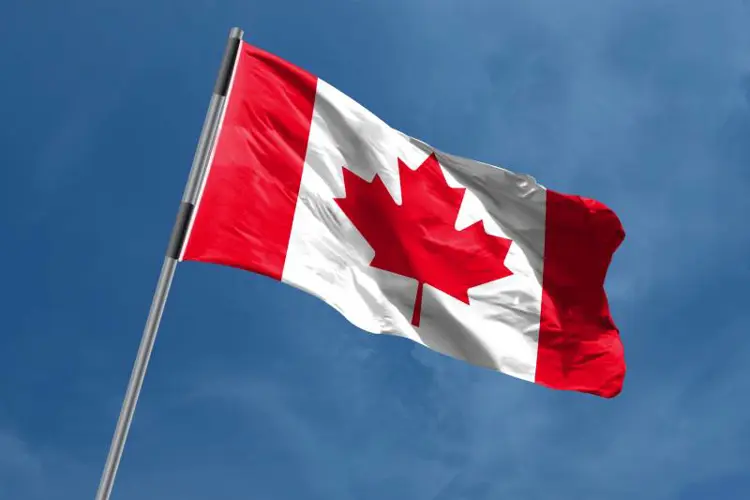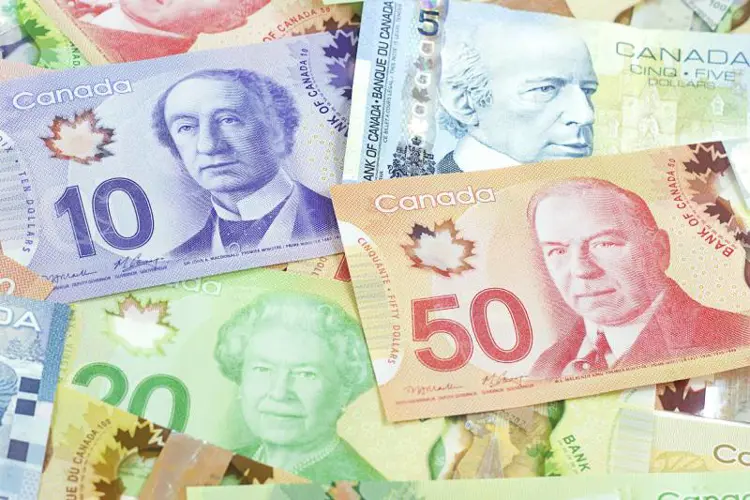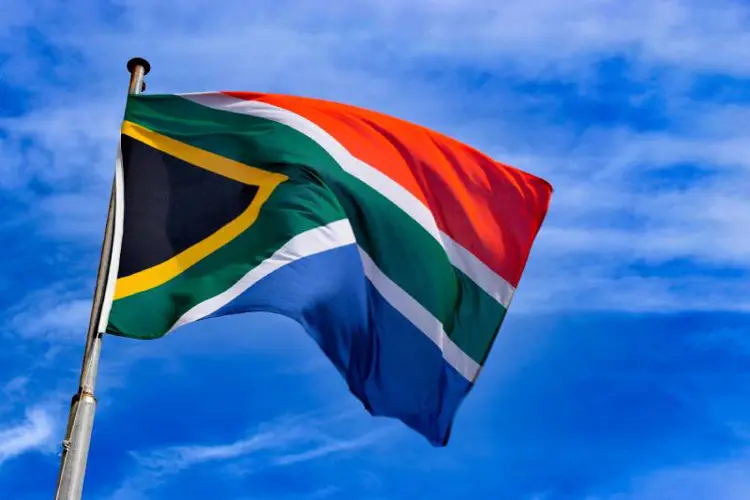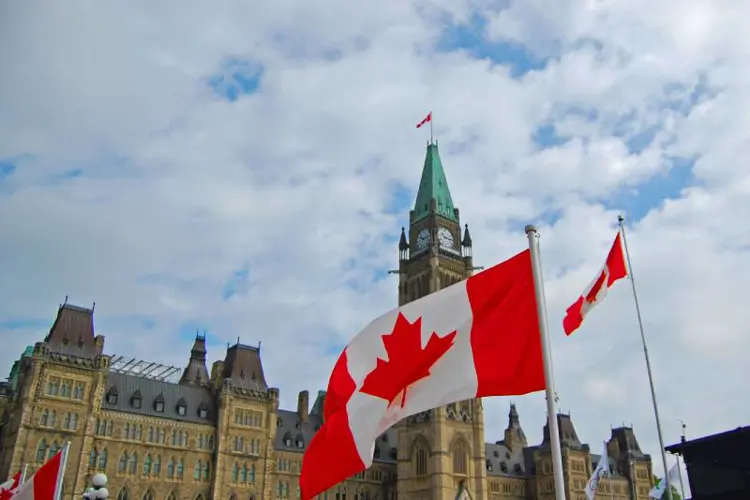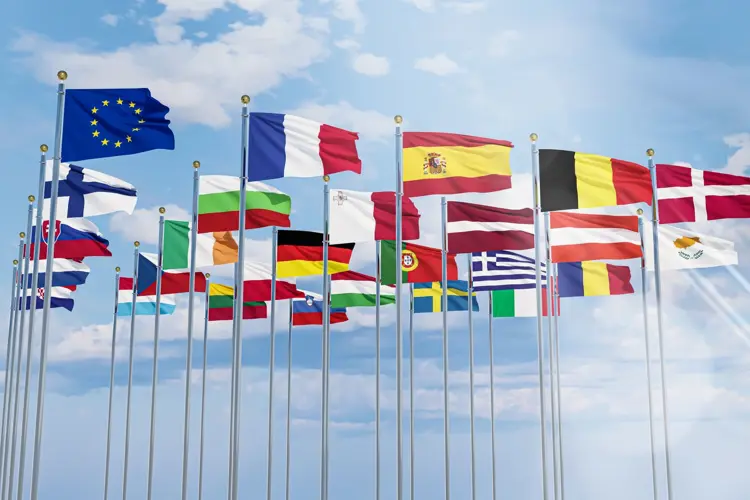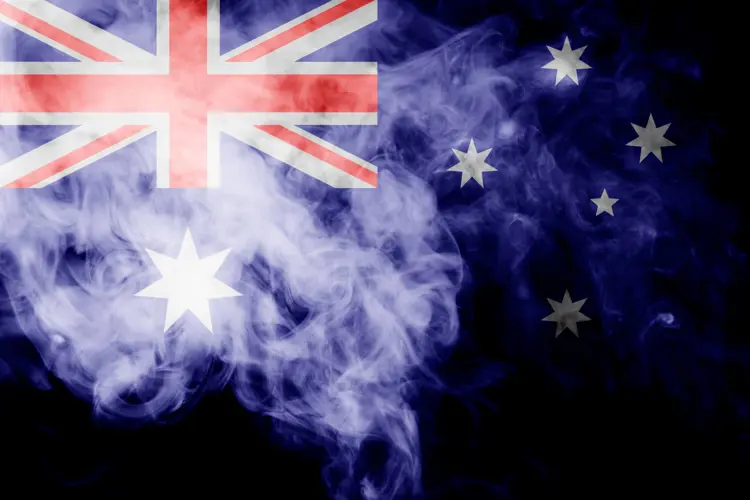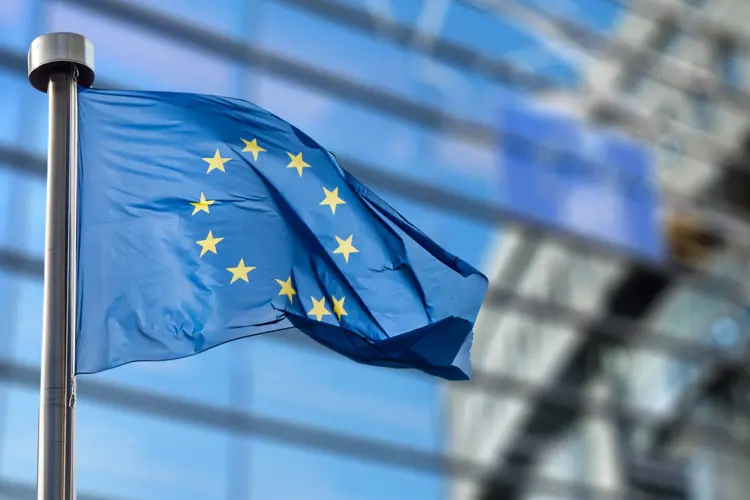South Africa has imposed a tax on e-liquid, even before passing a law to legally recognize and regulate vaping products. The tax took effect June 1.
The tax, which applies to all e-liquid—whether sold in bottles, prefilled pods or disposable devices—is 2.90 South African Rand (about $0.15 U.S.) per milliliter. A 60 mL bottle of e-liquid would be taxed at a rate of R174—or about $9 U.S. The tax could double the price to consumers for many vape products.
The wholesale tax is essentially the same as what was proposed by the country’s finance minister in his 2022 budget speech. It applies to all vape products, with or without nicotine.
The country’s domestic vaping industry expects to lose a quarter of its income and over 2,000 jobs, according to Vapour Products Association South Africa (VPASA) CEO Asanda Gcoyi. She told News 24 that many people will return to cigarettes, and others will find cheaper vape products on the black market.
100% @swimdaily, not to mention the threat of an illicit trade grabbing hold of the industry. Another lesson that SA has failed to learn from. 2020 sales ban on steroids. https://t.co/151cMhZ85T
— Kurt Yeo (@Kurt_Yeo) June 5, 2023
South African e-liquid manufacturers were required to apply for licenses for manufacturing and storage facilities from the South African Revenue Service (SARS) before the tax took effect, and will have to submit their first payments to the agency by July 28. Importers and wholesalers will be responsible for taxes on imported vape products.
Meanwhile, the Tobacco Products and Electronic Nicotine Delivery Systems Control Bill—which has been in the works since 2018—would add vaping products to South Africa’s existing tobacco control law. Currently, there are no laws or regulations governing vaping products in the country, not even a minimum age to purchase law.
The bill, which is still being crafted in Parliament, is expected to lump cigarettes and vapes into one category, and apply smoking restrictions to vaping. It could also introduce new restrictions, like a ban on online sales.
South Africa has more than 60 million residents, and the second-largest economy in Africa (after Nigeria). According to the 2021 Global Adult Tobacco Survey, 25.8 percent of South Africans over age 15 smoke—a high rate made possible by widely available, cheap black market cigarettes.
The Freemax REXA PRO and REXA SMART are highly advanced pod vapes, offering seemingly endless features, beautiful touchscreens, and new DUOMAX pods.
The OXVA XLIM Pro 2 DNA is powered by a custom-made Evolv DNA chipset, offering a Replay function and dry hit protection. Read our review to find out more.
The SKE Bar is a 2 mL replaceable pod vape with a 500 mAh battery, a 1.2-ohm mesh coil, and 35 flavors to choose from in 2% nicotine.
Because of declining cigarette sales, state governments in the U.S. and countries around the world are looking to vapor products as a new source of tax revenue.
The legal age to buy e-cigarettes and other vaping products varies around the world. The United States recently changed the legal minimum sales age to 21.
A list of vaping product flavor bans and online sales bans in the United States, and sales and possession bans in other countries.







